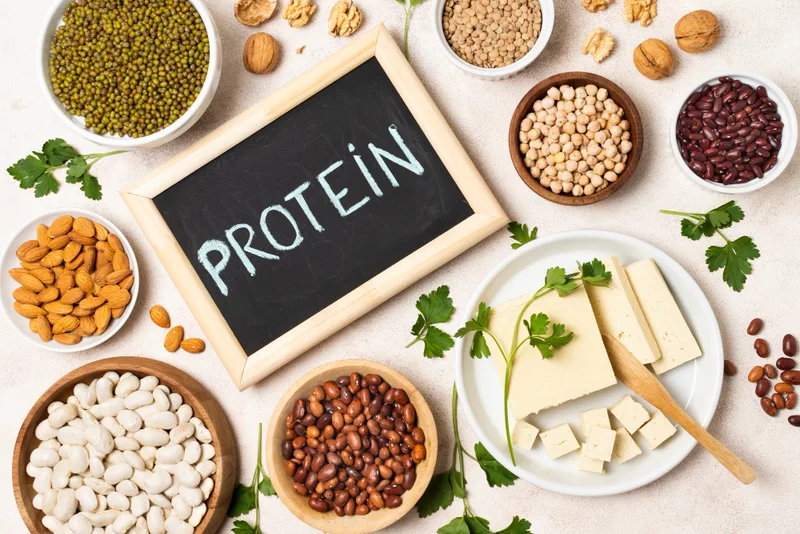- Published on: May 12, 2022
- 1 minute read
- By: Second Medic Expert
What Is A CT Scan?
A CT scan, or "computed tomography scan," is a diagnostic imaging test that uses X-rays to create detailed images of the inside of the body. It can be used to detect a variety of medical conditions, including tumors, internal bleeding, and bone fractures. A CT scanner consists of a large doughnut-shaped machine with a rotating X-ray beam. Patients are placed on a narrow table that slides into the center of the machine. The X-ray beam rotates around the patient, taking pictures from many different angles. These pictures are then combined by a computer to create 3D images of the inside of the body.
A CT scan, also known as a CAT scan, is a type of X-ray that uses computers to create detailed images of the inside of the body. A CT scan can be used to diagnose a variety of medical conditions, including cancers, tumors, and blood clots. It can also be used to help plan for surgery. Scan is an advanced medical imaging technique that uses X-rays to create detailed images of the inside of the body. It can be used to diagnose a variety of conditions, including cancer, heart disease, and internal injuries.
A CT scan typically takes less than five minutes to complete and does not involve any needles or injections. The images are interpreted by a radiologist who will then provide a report on the findings to the patient's doctor. It can be used to diagnose a variety of conditions, including tumors, infections, and internal injuries. A CT scan is also used to guide biopsies and other procedures. It can be used to diagnose a variety of medical conditions, including tumors, internal bleeding, and bone fractures.
CT scans are used to help diagnose medical conditions and to plan treatments. A CT scan is a type of imaging that uses X-rays to create cross-sectional images of the body. It stands for computed tomography, and it's a relatively new technology that was first developed in the 1970s.
A CT scanner sends X-ray beams through the body from many different angles. Then a computer calculates how the beams pass through tissue and create detailed images of what's inside. These images can be used to look for tumors, cysts, and other abnormalities. They can also help doctors diagnose conditions such as cancer, heart disease, and stroke.
Our Services
Request A Callback
Recent Posts
How Stress Shows Up on Your Skin
Jul 19,2025
Does Skipping Meals Slow Your Metabolism?
Jul 17,2025
Mosquito-Borne Diseases to Watch Out for in 2025
Jul 16,2025
Lipid Profile Test – Normal Range and Risks
Jul 12,2025










